50 years later, Naquib Khan stands as a musical pillar
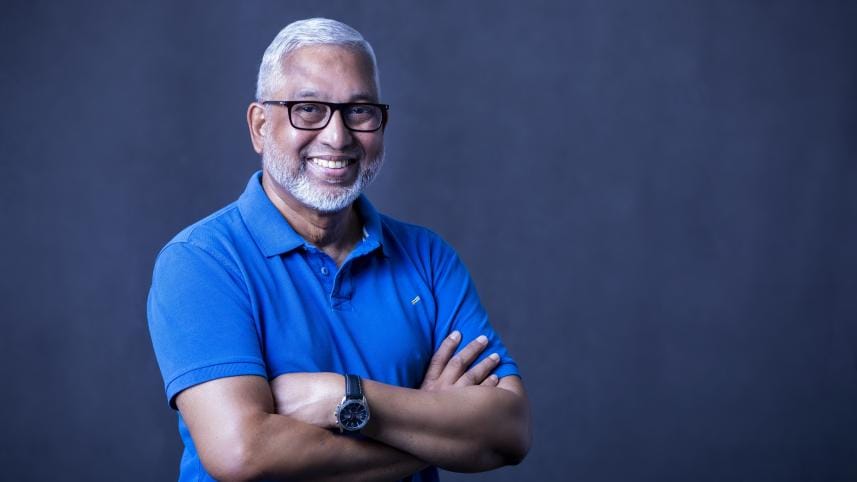
Back when cassettes were still a part of everyday life, my dad had a drawer overflowing with cassettes by Souls and Renaissance. I'd often hum along to songs like "Mon Shudhu Mon Chhuyechhey", "Bhalo Lagey Jotsna Ratey", and "O Nodire Tui Jaas Kothaire." The melodies and lyrics felt magical, and I remember wishing to someday meet the person behind these songs.
Fast forward to 2025, that childhood wish came true. I had the incredible opportunity to sit down with Naquib Khan, the man behind more than 500 songs and a remarkable 50-year journey in music, who, humbly, shies away from the term 'legend.'
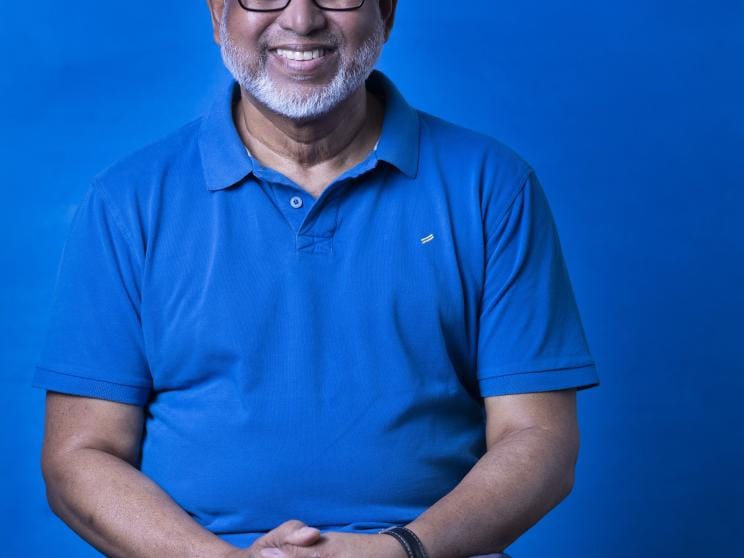
The musician dropped by the Daily Star office, and over a cup of coffee, we talked about his musical influences, his vision for the future of the music industry, and his plans to celebrate the 40th anniversary of Renaissance.
"I don't really consider myself a legend. I am still learning about music," he said with a smile. "Music is like a vast sea of knowledge, and we're just collecting pebbles by the shore."
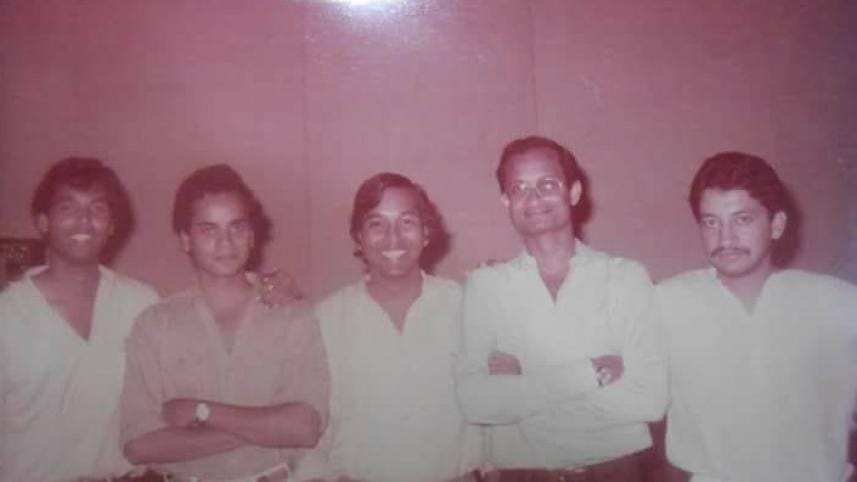
Music, as it turns out, runs deep in his veins. His grandfather was a qawwali artiste in Kolkata, his father also used to sing, and all three of his brothers shared a passion for music. Naquib and his brother Pilu were guided by their elder brother, Jalaluddin Khan (Ziloo Khan), who taught them how to create melodies and play the keyboard. Naquib had been practicing since kindergarten, without any formal training.
Looking back, he recalled how band music evolved in post-independence Bangladesh. Pop was at its peak. In Chattogram, bands like The Lightnings mostly performed English songs, while his brother formed Balark in 1972, where all three siblings performed together. "My first concert was in 1972 in Cox's Bazar. I was really small, but that experience felt surreal," he said. Balark disbanded the following year as members got busy with work.
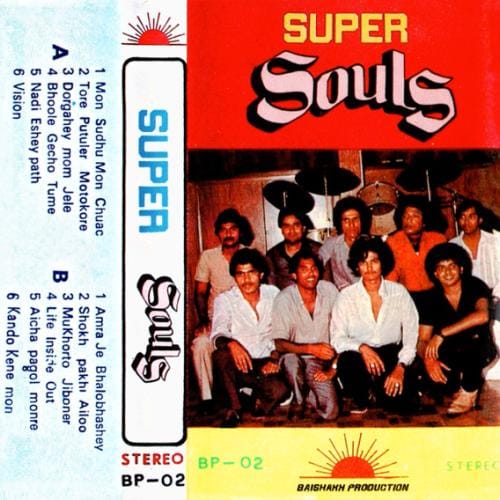
Around the same time, another Chattogram-based band, Surela, mostly did folk and cover songs before eventually transforming into Souls. "In 1974, I joined Souls as a keyboard player. My first thought was, why not create original songs? Our debut album "Super Souls" came out in 1981, and to this day, people still listen to those songs. Even after 50 years, they've survived. At the time, we called it pop, but we wanted to add new depth through melody and lyrics," he said.
But making music then came with real challenges. "It was difficult even to get a harmonium or tabla, let alone western instruments. Chattogram being a port city helped, as visiting foreigners sometimes sold us their old instruments. We had no sound systems; we made do with amplifiers, adding a microphone to sing. Kids today can't even imagine it," he laughed.
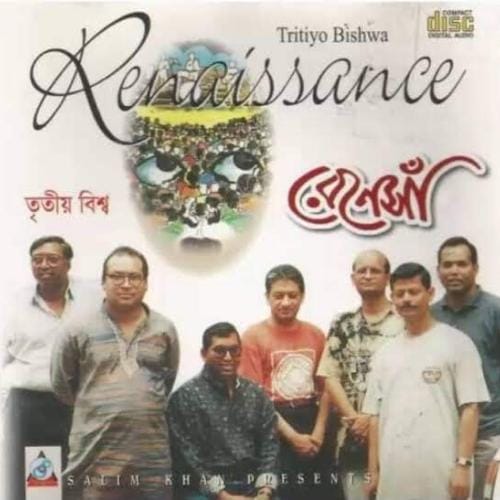
Recording was equally challenging. "There were no studios as such. In Dhaka, when we recorded the first Souls songs, the studio didn't even have spools—they recorded straight onto cassettes. For 'Mon Shudhu Mon Chhuyechhey', the keyboard pitch you hear was actually played by Pilu, not me, because I was busy harmonising the vocals. Since it was a mono recording, I couldn't play and sing at the same time," he explained.
He recalled another story from their first album. "There was a song, 'Shukh Pakhi Aailo Uriya.' Our friend Ahmed Imtiaz Bulbul was there during the recording. As I was harmonising, Bulbul bhai played the keyboard for me. Recording conditions were not that great, but people loved the songs, and that's what mattered. We also tried to bring in local instruments like dhol, tabla, flute, alongside western ones."
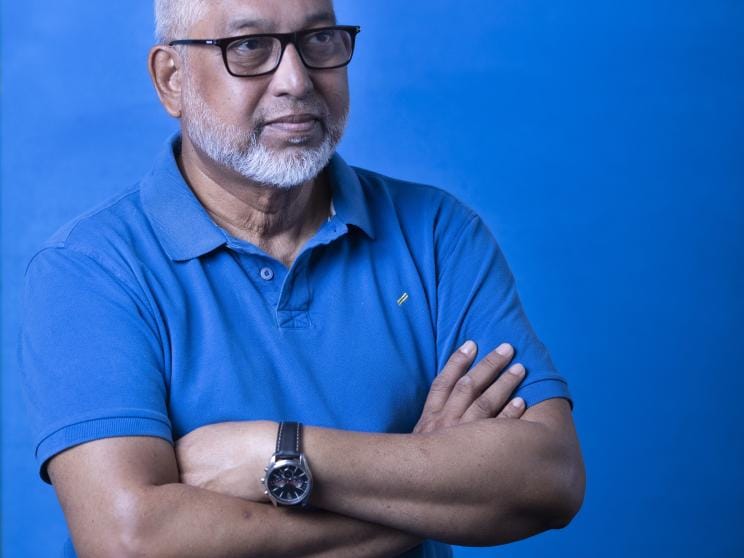
In 1985, Naquib formed Renaissance and shifted to Dhaka. The transition wasn't easy. "Souls had already seen huge success, so we were nervous about how Renaissance would be received. At the time, Bangladeshi band music was shifting towards rock and heavy metal, which was exciting. We wanted to set ourselves apart by focusing on melody and lyrical depth, using our platform to share messages with society. Songs like 'Aj Je Shishu' and 'Hridoy Kadamatir Kono Murti Noy' carried that spirit. When our first album Renaissance came out, the response was overwhelming. Though our body of work isn't vast, the success rate has been high," he reflected.
This year marks Renaissance's 40th anniversary, and plans are underway to celebrate with new songs and a special programme. Beyond his bands, Naquib has composed for some of Bangladesh's finest voices—Kumar Biswajit, Tapan Chowdhury, Sheikh Ishtiaque, Samina Chowdhury, Fahmida Nabi, Shakila Zafar, Nancy, and many more. "It's a matter of pride that I composed the first songs and albums for many of them. Seeing them flourish gives me joy," he said.
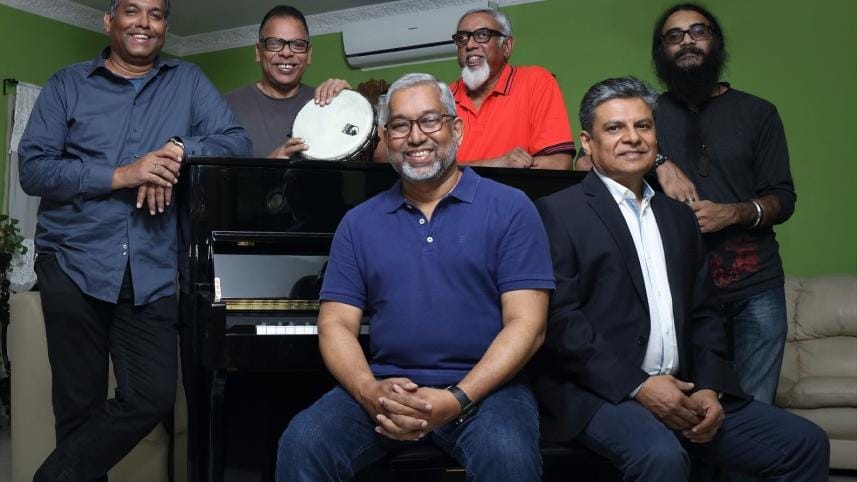
As our conversation shifted to technology, he struck a thoughtful note. "Technology should be welcomed, but not misused. Creativity is our main strength. Young Bangladeshi musicians are very talented, but sometimes I feel we've become slaves to technology. It should be a tool, not a master."
Despite his vast body of work, the ever-humble musician returned to words that reflect his deepest beliefs: "I could never imagine that people would still be listening to my songs after 50 years. I pray I never let ego enter my heart. I don't want to think I've achieved everything. I am still a learner, and I want to keep exploring music."




 For all latest news, follow The Daily Star's Google News channel.
For all latest news, follow The Daily Star's Google News channel. 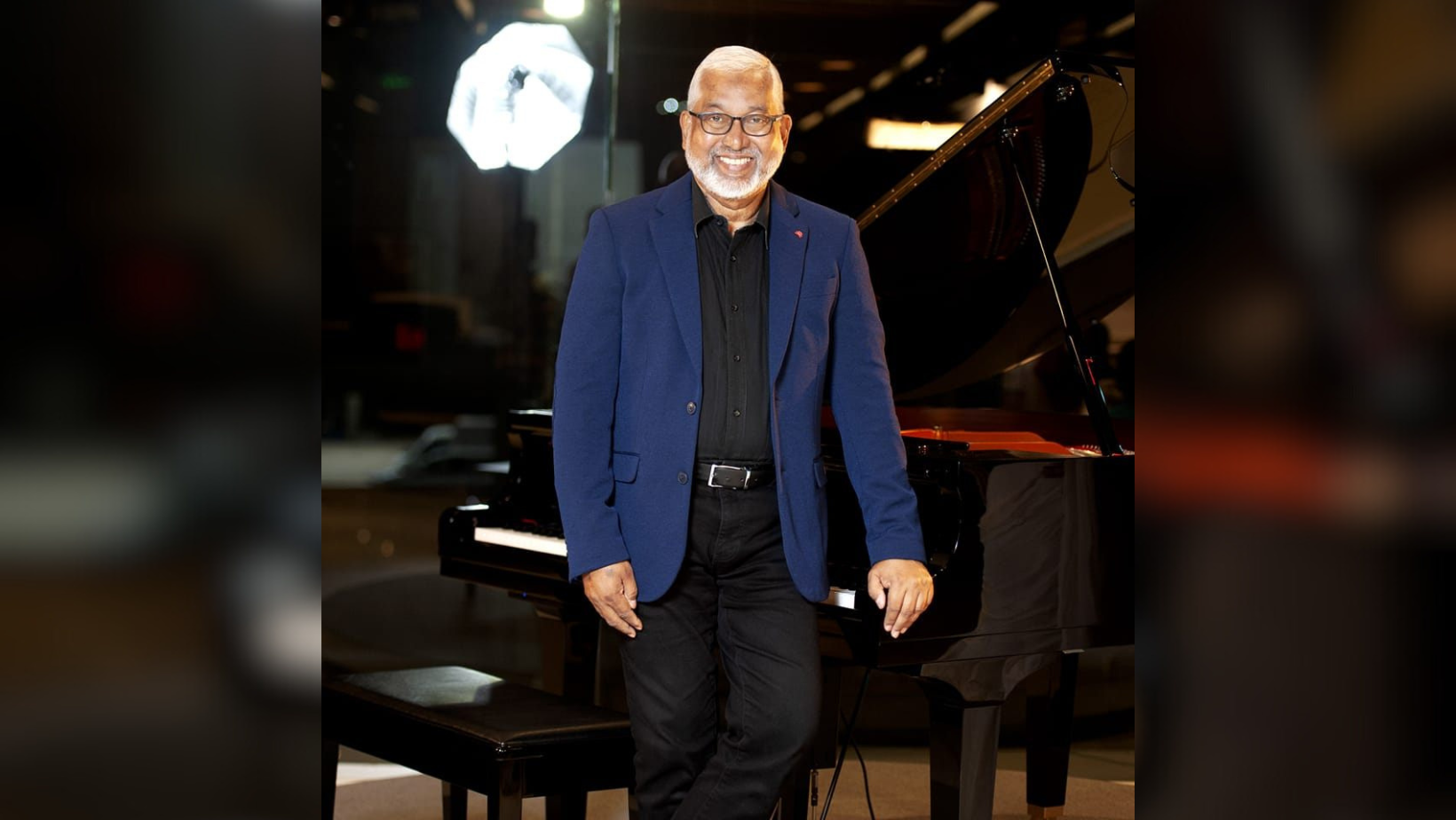
Comments